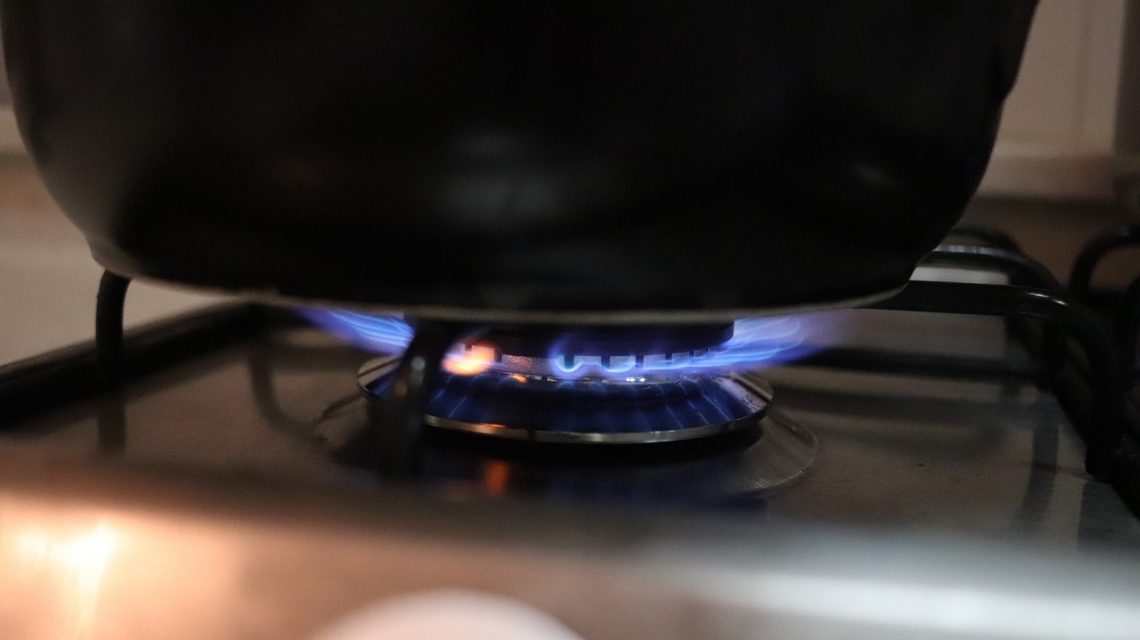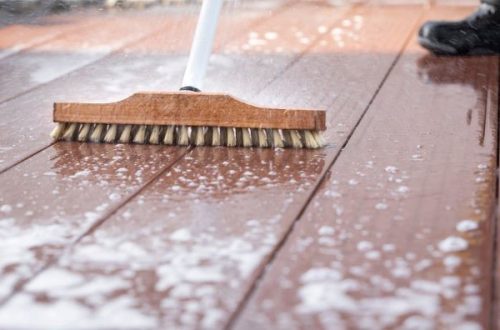1. Heat Your Home Selectively
Heating and cooling are considered the biggest gas usage category in the average home and account for about 40% of the total consumption. To reduce consumption, Corgi advises it is important to focus on heating spaces that are used on a regular basis.
To ensure that the heat stays in the spaces you have heated, make sure that you shut any doors to spaces that you don’t plan to heat. To reduce unnecessary heating costs further, don’t forget to switch off heating when you’re asleep and when you aren’t home.
2. Reprogram the Thermostat
Each degree Centigrade (°C) higher for heating or lower for cooling increases heating costs by an additional 10%. When it comes to heating, 18 °C to 20 °C is sufficient. Consider investing in a programmable thermostat, if you would like to save gas costs without the need to manually adjust your thermostat.
3. Decrease Your Hot Water Usage Rate
If you use less water, you can end up reducing your gas costs. A shower generally consumes a lower amount of water compared to a long bath, which is why you should consider taking a shorter shower of anywhere from 4 to 5 minutes. It is also possible to reduce water and energy costs by using a low flow showerhead. You should also ensure that any leaky hot water outlets are either replaced or repaired.
4. Invest in an Instant Hot Water Heater
Did you know that up to 30% of the total energy consumption at home can be attributed to heating water? Instantaneous hot water heating systems only heat water when you actually need it rather than keep it hot throughout the day, which means that you can male significant savings on energy costs in the long run, even though they usually come at a higher initial cost.
If an instant hot water heater isn’t an option, you should find out whether your hot water pipes and storage tank are insulated properly. If the hot water piping and storage are properly insulated, the amount of energy required to keep the water hot can be reduced significantly. Without the insulation, however, up to 30% of the energy used to heat water used in your home can end up being lost.
5. Insulate Your Home Properly
If your home needs less heat, then you’re more likely to reduce your gas consumption. Investing in proper insulation for your home is one of the best ways to make massive savings on your energy bill. A home that’s properly insulated is generally cheaper throughout the year – it is cooler in summer and warmer in winter.
A poorly insulated home can gain 60% of heat through the ceiling and walls in summer or lose up to 50% of heat through the ceiling in winter. A properly insulated roof can reduce your dependency on your heater during cold weather – it traps warm air inside the house while keeping the cold air outside.
6. Get a Dishwasher and Washing Machine That’s Energy Efficient
Appliance manufacturers are constantly improving upon the energy efficiency of appliances. If you’re using a dishwasher or washing machine that’s over 5 years old, you might be wasting a lot of energy. Ensure that you replace the appliance you use most often first, if you choose to replace them.
When it comes to choosing a replacement, ensure that you look for something with an eco-wash feature that gives you control over the temperature of water – for when you need to use hot water – and water level in addition to the energy rating.






